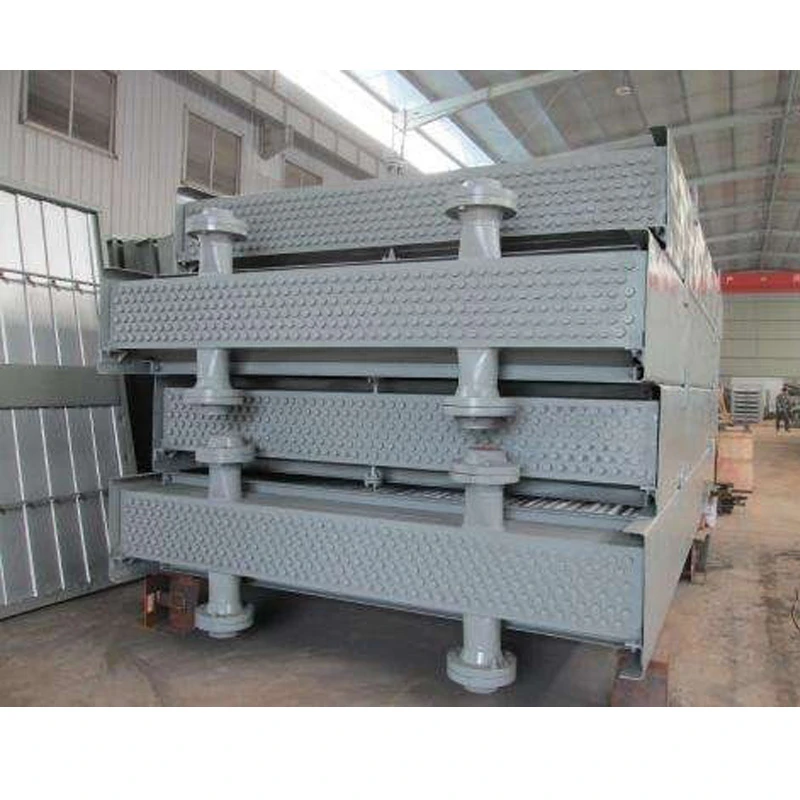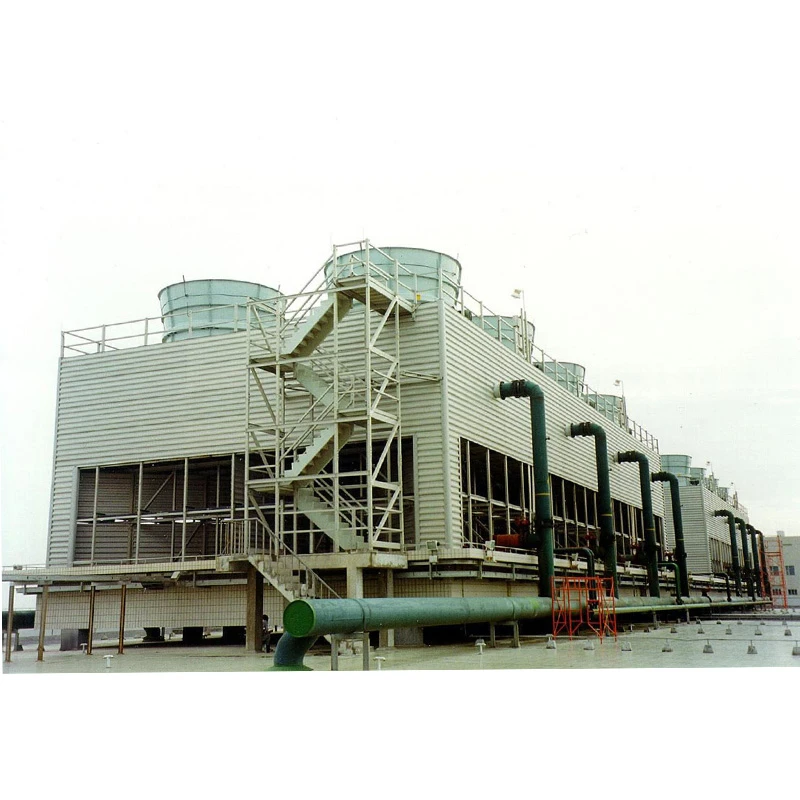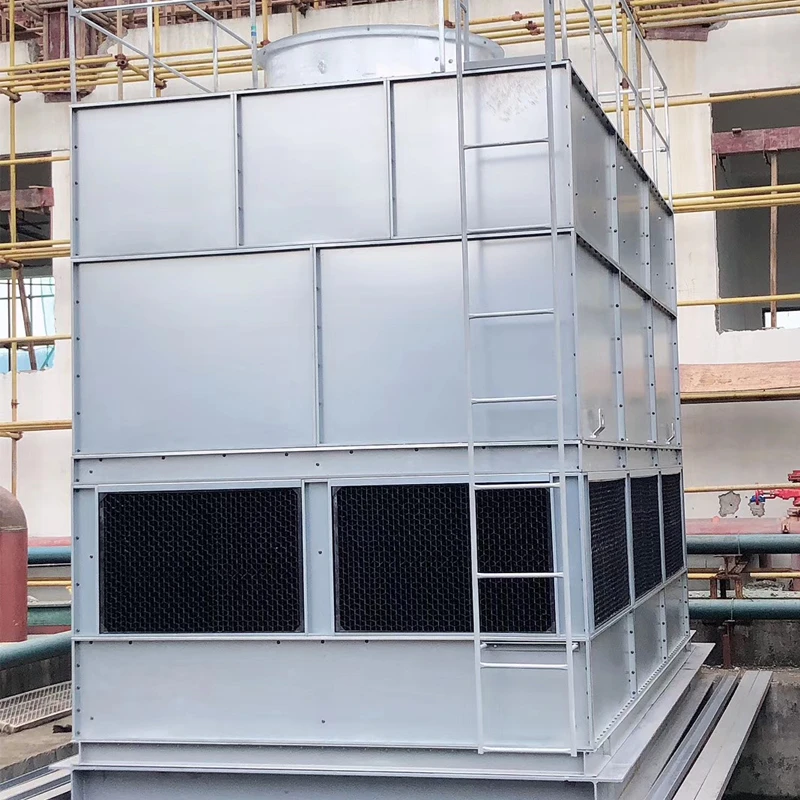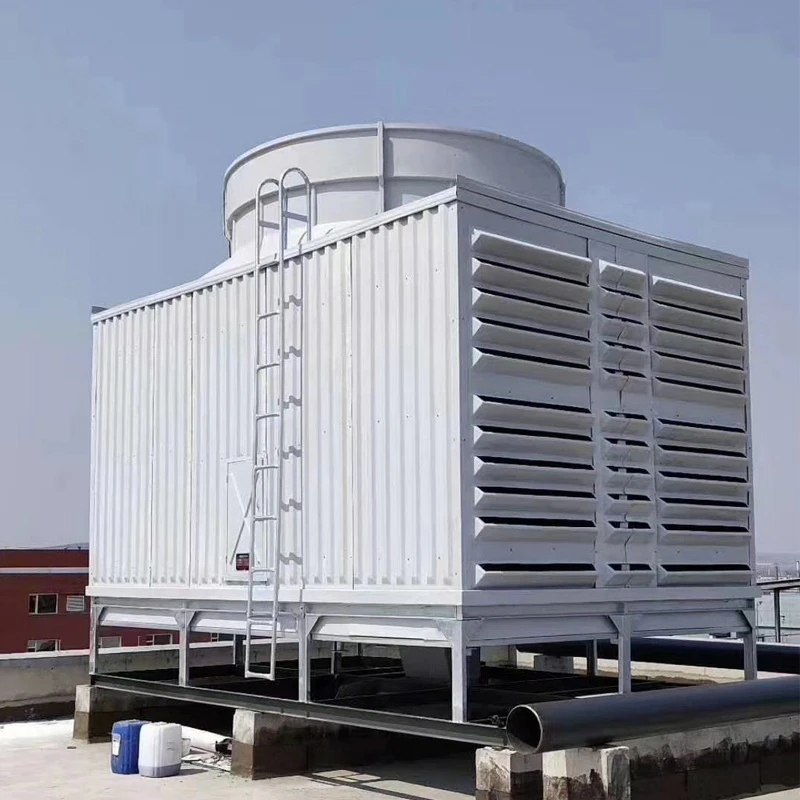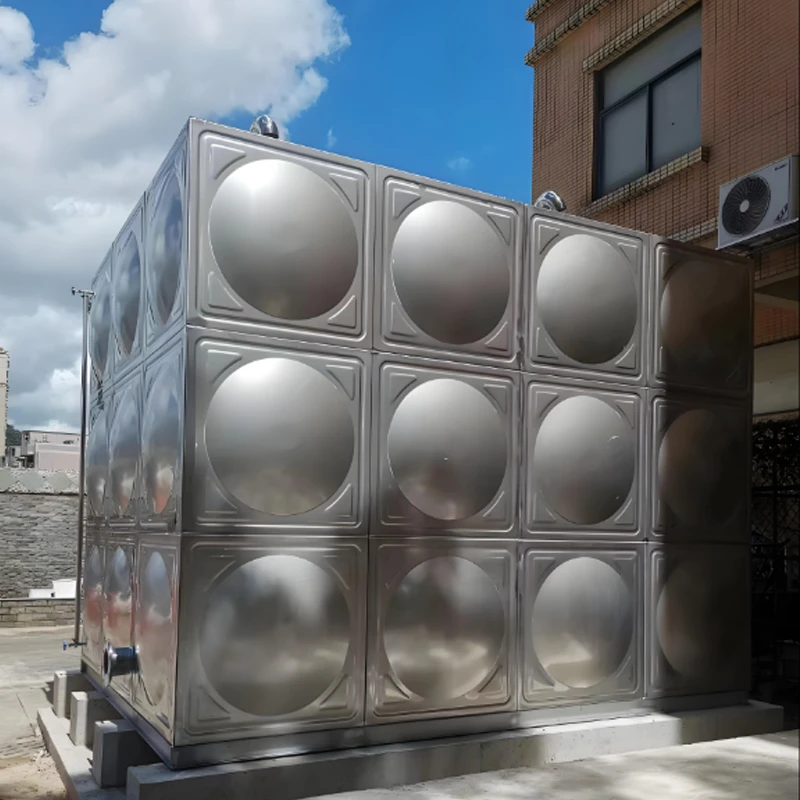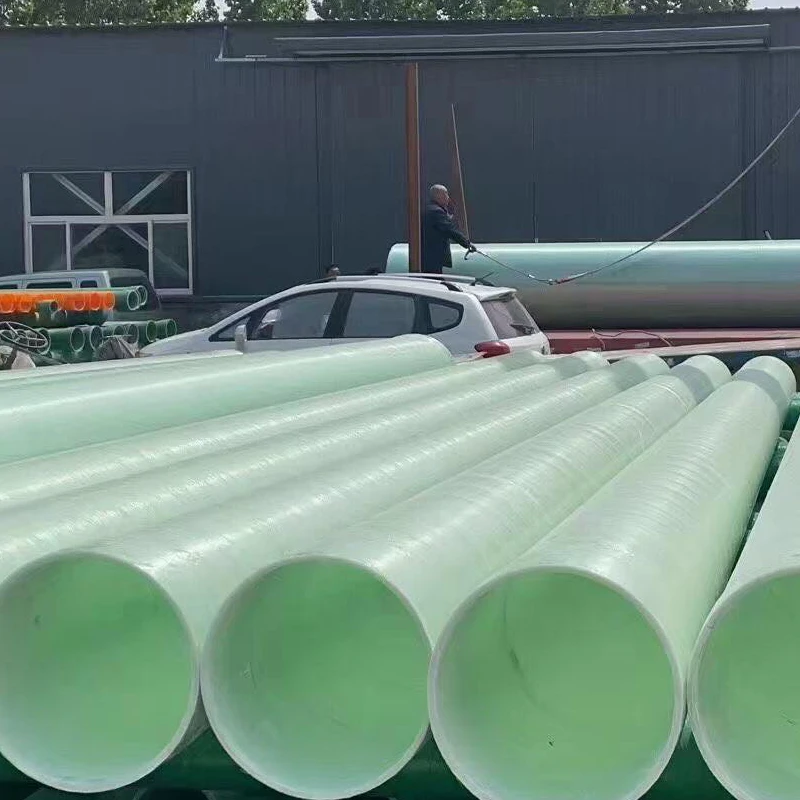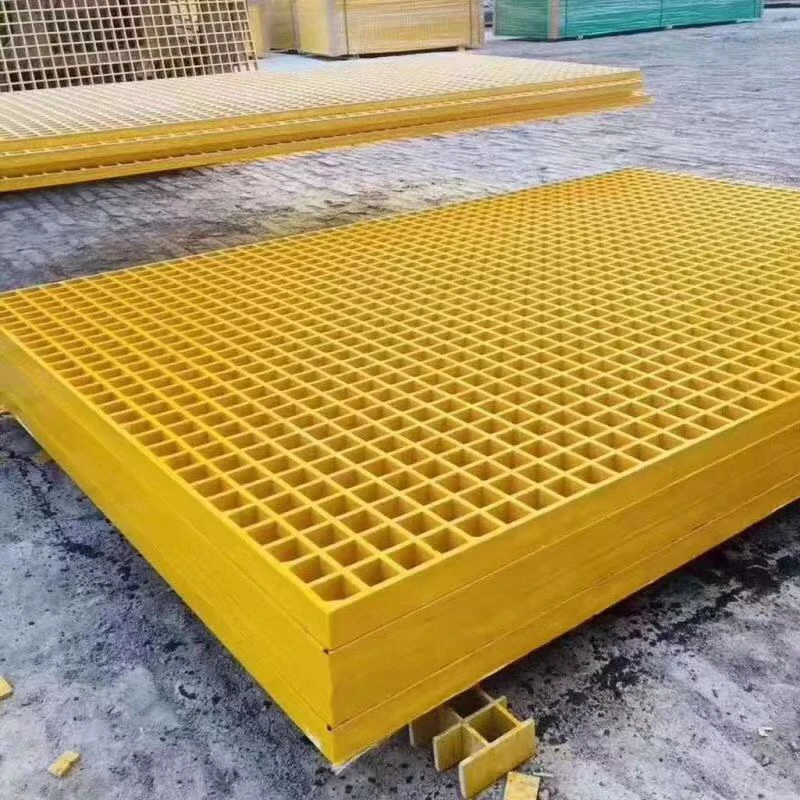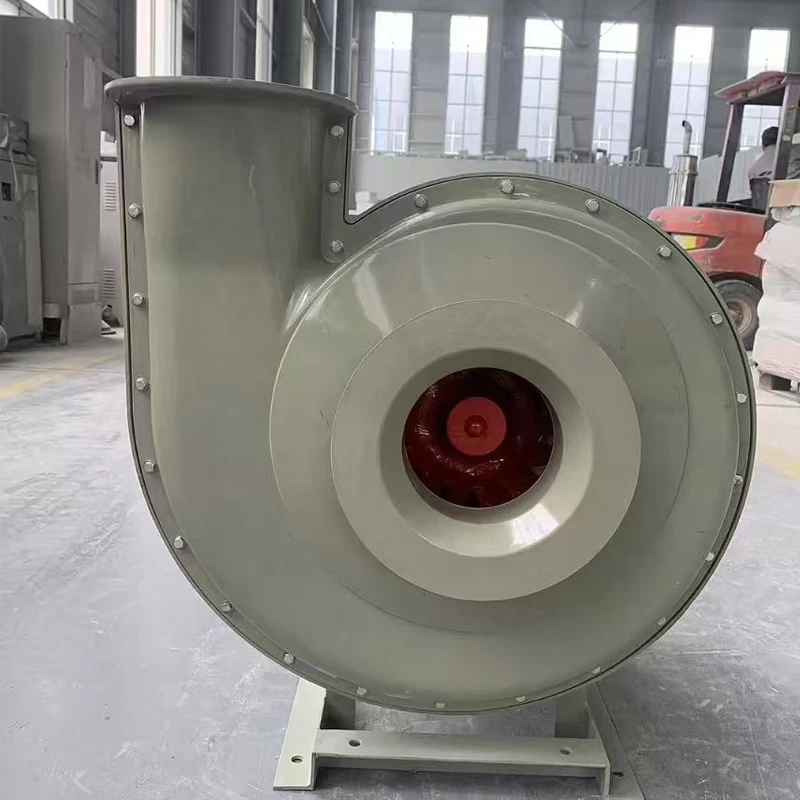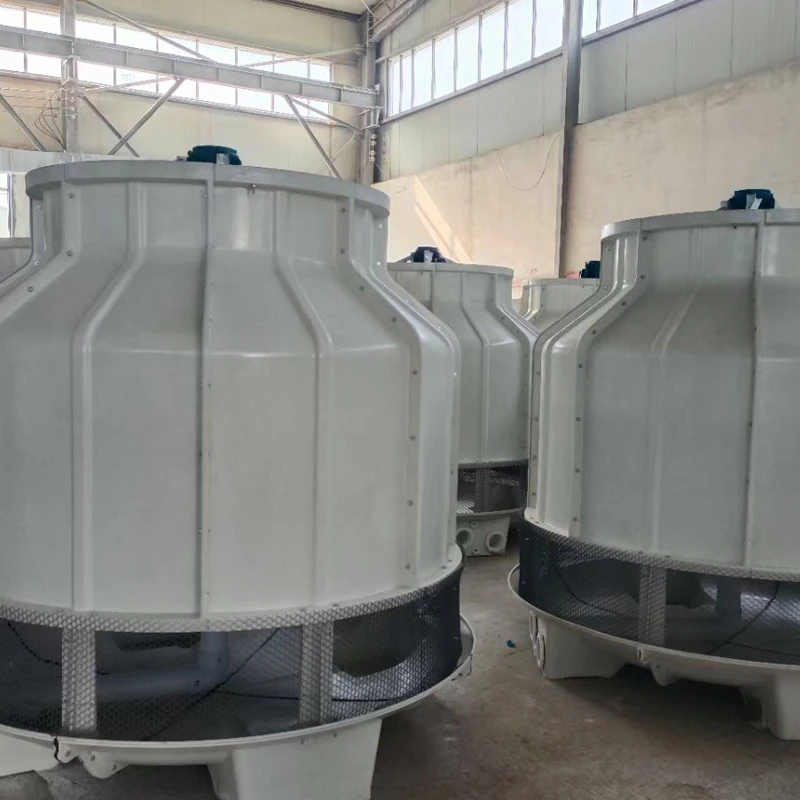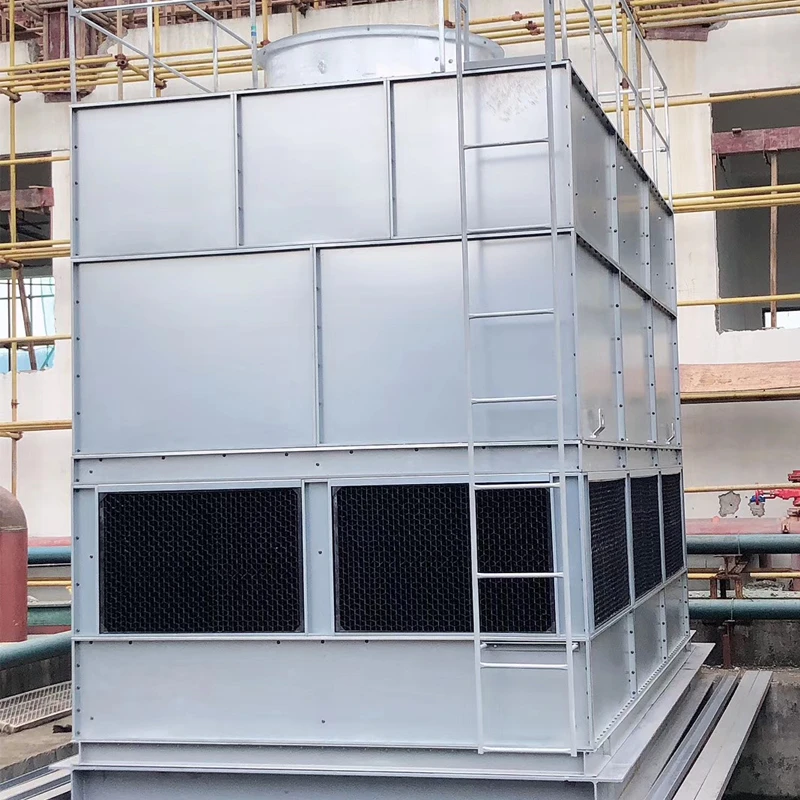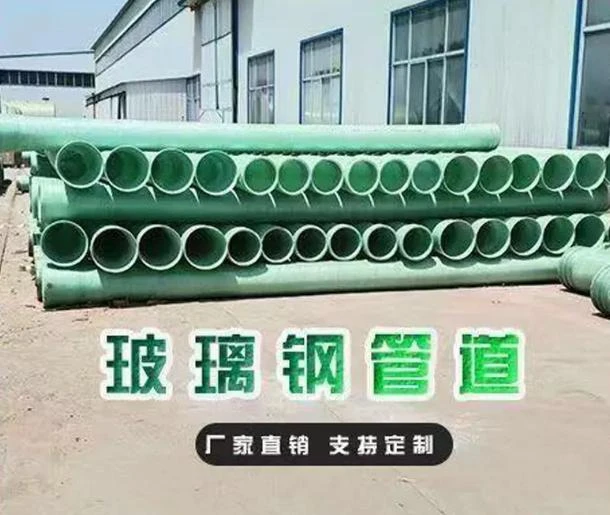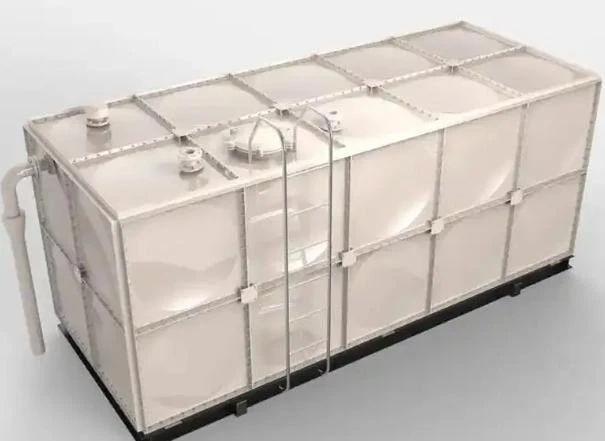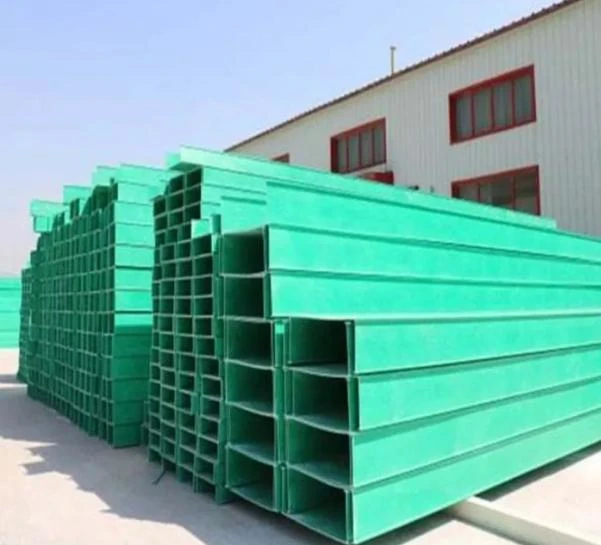

We Are Open 24 Hours a Day, 7 Days a Week, Including Weekends and Public Holidays.
The Indispensable Role of Advanced SS Water Tanks in Modern Industrial Applications
In diverse industrial sectors, the integrity and purity of stored liquids are paramount. This necessitates storage solutions that are not only robust and durable but also resistant to corrosion and contamination. Among the leading options, ss water tanks stand out due to their exceptional material properties and manufacturing precision. These tanks, fabricated from high-grade stainless steel, offer unparalleled longevity and operational reliability, making them critical infrastructure for a multitude of demanding environments. Understanding the intricate details of their production, technical specifications, and broad applicability is essential for B2B decision-makers seeking optimal storage solutions. This comprehensive overview delves into the core aspects of stainless steel water tanks, from their sophisticated manufacturing processes to their pivotal role in safeguarding vital resources.
The demand for high-quality ss water tanks continues to grow, driven by stringent regulatory requirements for water purity, increasing industrialization, and the need for sustainable, long-term infrastructure investments. Industries such as petrochemicals, pharmaceuticals, food and beverage, and municipal water treatment facilities heavily rely on these tanks for the secure storage of potable water, process water, chemicals, and other critical fluids. Their inherent resistance to rust, biofilm growth, and extreme temperatures positions them as a superior alternative to traditional materials, ensuring operational continuity and product integrity.
The Meticulous Manufacturing Process of Stainless Steel Water Tanks
The production of high-performance stainless steel water tanks is a multi-stage process that emphasizes precision engineering and rigorous quality control. It begins with the selection of premium-grade stainless steel, typically AISI 304 or 316, chosen for its corrosion resistance and mechanical strength, with 316 preferred for highly corrosive environments due to its molybdenum content. The manufacturing journey encompasses several critical phases, each contributing to the tank's structural integrity and operational lifespan. This intricate process ensures that each tank not only meets but often exceeds international standards such as ISO 9001 for quality management and ASME Boiler and Pressure Vessel Code for structural integrity.
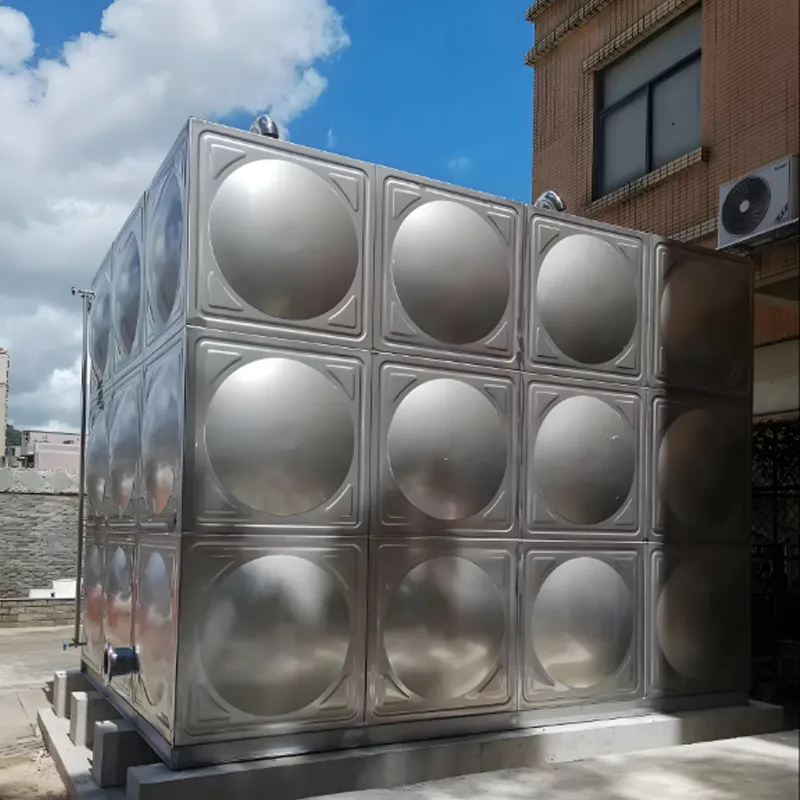
Key Stages in Production:
- Material Selection and Preparation: High-quality stainless steel sheets are sourced, inspected for defects, and then cut to precise dimensions using advanced laser cutting or plasma cutting techniques. The choice between 304 and 316 depends on the specific application's corrosive demands, ensuring optimal material performance for the custom stainless steel water tanks.
- Forming and Shaping: Automated rolling machines are employed to form the stainless steel sheets into cylindrical or rectangular tank sections. This stage is critical for achieving the desired tank geometry and ensuring structural stability. Bending and flanging processes prepare edges for seamless welding.
- Welding: Expert welders utilize advanced welding techniques, such as TIG (Tungsten Inert Gas) or MIG (Metal Inert Gas) welding, to join the formed sections. Special attention is paid to the Heat Affected Zone (HAZ) to prevent sensitization and maintain corrosion resistance. Automated welding systems ensure consistent, high-quality seams.
- Surface Treatment and Passivation: After welding, the tank undergoes thorough cleaning to remove impurities. Passivation, a critical chemical treatment, restores the chromium-rich passive layer on the stainless steel surface, enhancing its natural corrosion resistance. This step is vital for the long-term performance of the stainless steel water tanks for sale.
- Pressure Testing and Quality Assurance: Every tank undergoes rigorous hydrostatic pressure testing to verify weld integrity and structural soundness. Non-destructive testing (NDT) methods like ultrasonic testing or dye penetrant inspection are also employed to detect any hidden flaws. Dimensions, material composition, and surface finish are meticulously checked against design specifications and international standards like ASTM and ANSI, guaranteeing a product with an expected service life exceeding 20 years under proper maintenance.
This meticulous manufacturing discipline ensures that each ss water tank is capable of withstanding demanding operational conditions, including high pressures and varying temperatures, while maintaining the purity of its contents. The stringent quality control protocols at every stage are what differentiate a superior tank that delivers decades of reliable service.
Technical Parameters and Specifications of SS Water Tanks
Selecting the appropriate ss water tank requires a detailed understanding of its technical parameters and specifications. These factors directly influence the tank's suitability for specific applications, its performance characteristics, and ultimately, its long-term cost-effectiveness. Key parameters include material grade, capacity, dimensions, operating pressure, temperature range, and specific certifications. Manufacturers often provide comprehensive data sheets to assist clients in making informed decisions. Below is a representative table outlining typical specifications for industrial-grade stainless steel water tanks, illustrating the variety available on the market for stainless steel water tanks for sale.
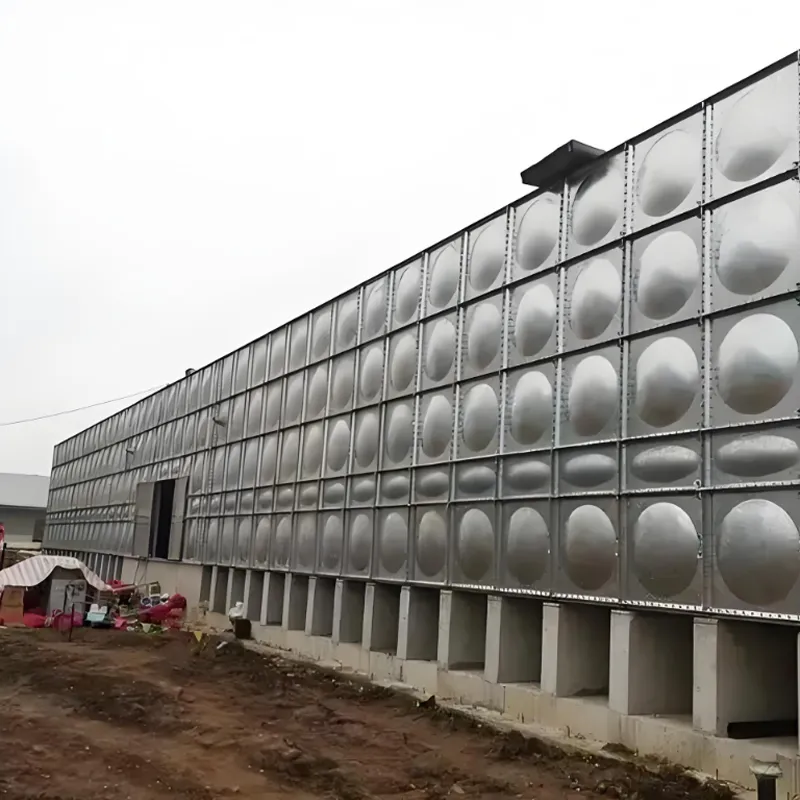
| Parameter | Description | Typical Range/Value |
|---|---|---|
| Material Grade | Primary stainless steel alloy used for construction. | SS304, SS316, Duplex SS |
| Capacity Range | Volume of liquid the tank can hold. | 500 Liters to 200,000+ Liters |
| Operating Pressure | Maximum internal pressure the tank can withstand. | Atmospheric to 15 bar (217 psi) |
| Operating Temperature | Temperature range for safe operation. | -20°C to +150°C (-4°F to 302°F) |
| Wall Thickness | Gauge of the stainless steel used for tank walls. | 2 mm to 10 mm+ (depends on capacity/pressure) |
| Surface Finish | Internal and external surface smoothness. | 2B, BA, No.4, Electro-polished (Ra |
| Insulation Options | Thermal insulation to maintain fluid temperature. | PU foam, Mineral wool, Rockwool (with cladding) |
| Compliance/Certifications | Adherence to international standards. | ISO 9001, ASME, NSF, FDA, CE |
The detailed specifications presented demonstrate the versatility of stainless steel water tanks. For specialized needs, such as high-temperature hot water storage, specific considerations for wall thickness and insulation apply, influencing the stainless steel hot water tank price. Manufacturers like Longxuan FRP offer comprehensive engineering support to help clients navigate these specifications and select or design the optimal tank for their unique operational demands.
Versatile Applications and Unmatched Advantages of SS Water Tanks
The inherent properties of stainless steel make ss water tanks exceptionally versatile, finding critical roles across an extensive array of industries. From ensuring pristine drinking water supply to handling aggressive chemicals, these tanks provide a reliable and safe storage solution. Their robust design and material integrity contribute significantly to operational efficiency and compliance with stringent health and safety regulations.
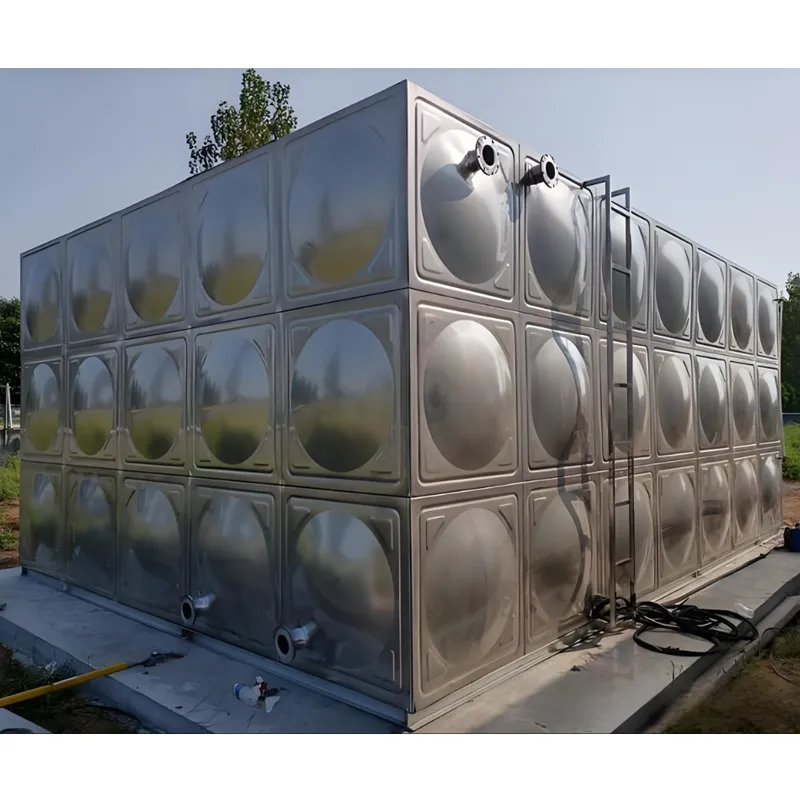
Key Application Scenarios:
- Water Treatment Plants: Essential for storing treated water, backwash water, and chemical reagents. Their non-reactive surface ensures no contamination of potable water, a critical factor for public health.
- Food and Beverage Industry: Used for storing ingredients, purified water, dairy products, and finished beverages. The hygienic surface finish prevents bacterial growth and meets strict FDA and NSF standards.
- Pharmaceutical and Biotechnology: Crucial for purified water (PW), water for injection (WFI), and various buffer solutions where absolute purity and sterility are non-negotiable.
- Chemical Processing: Capable of storing a wide range of corrosive and non-corrosive chemicals, thanks to the chemical resistance of SS316 and Duplex grades.
- Petrochemical and Oil & Gas: Employed for storing processed water, coolants, and specific chemical additives in harsh operational environments.
- HVAC and Hot Water Systems: Widely used as stainless steel hot water tanks for commercial and industrial heating applications, offering superior heat retention and corrosion resistance compared to galvanized steel.
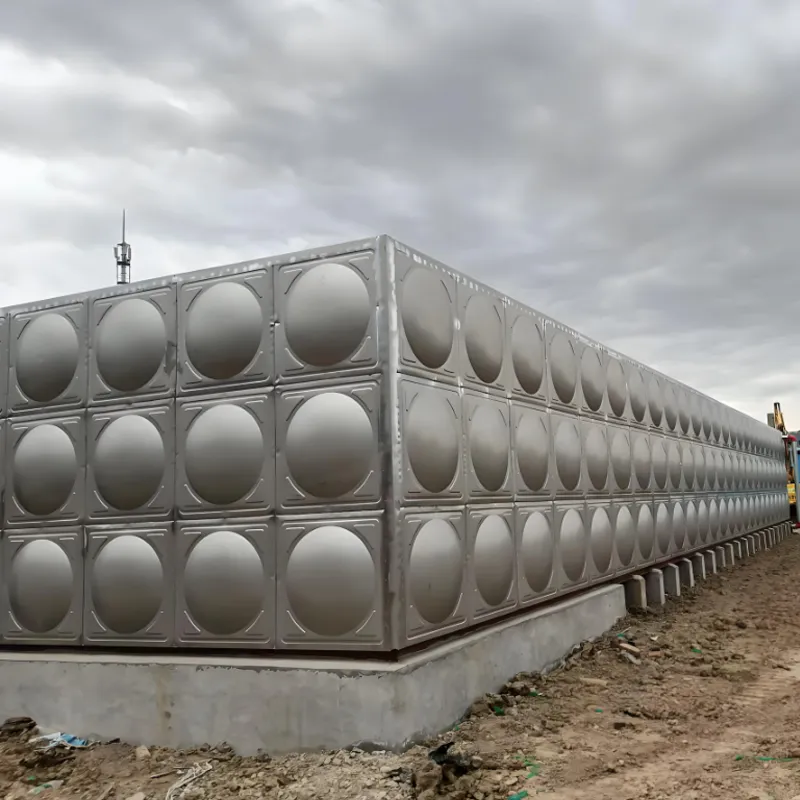
Core Technical Advantages:
- Superior Corrosion Resistance: Stainless steel naturally forms a passive chromium oxide layer, protecting against rust and chemical degradation, even in challenging environments. This is a primary driver for choosing ss water tanks over other materials.
- Hygienic and Non-Contaminating: The smooth, non-porous surface of stainless steel prevents bacterial adherence and biofilm formation, crucial for applications requiring high levels of cleanliness and purity.
- Exceptional Durability and Longevity: With proper maintenance, stainless steel tanks can last for decades, offering a lower total cost of ownership compared to tanks made from less durable materials that require frequent replacement or repair.
- Temperature Versatility: Capable of handling a broad range of temperatures, from cryogenic to high-heat applications, making them ideal for both cold water and stainless steel hot water tank requirements.
- Sustainable and Recyclable: Stainless steel is 100% recyclable, aligning with modern sustainability initiatives and reducing environmental impact.
- Low Maintenance: Their inherent resistance to corrosion and staining reduces the need for frequent cleaning and costly maintenance, leading to significant operational savings.
These combined benefits underscore why ss water tanks are the preferred choice for industries where reliability, safety, and product integrity are paramount. The initial investment is offset by their extended lifespan, minimal maintenance, and superior performance.
Choosing Your Supplier: The Expertise of a Leading Stainless Steel Water Tank Manufacturer
Selecting a reliable stainless steel water tank manufacturer is as crucial as the product itself. A reputable manufacturer offers not just a product, but a complete solution encompassing design, engineering, fabrication, and post-sales support. Factors such as industry experience, adherence to international standards, customization capabilities, and a proven track record of successful installations are critical considerations for B2B procurement teams.
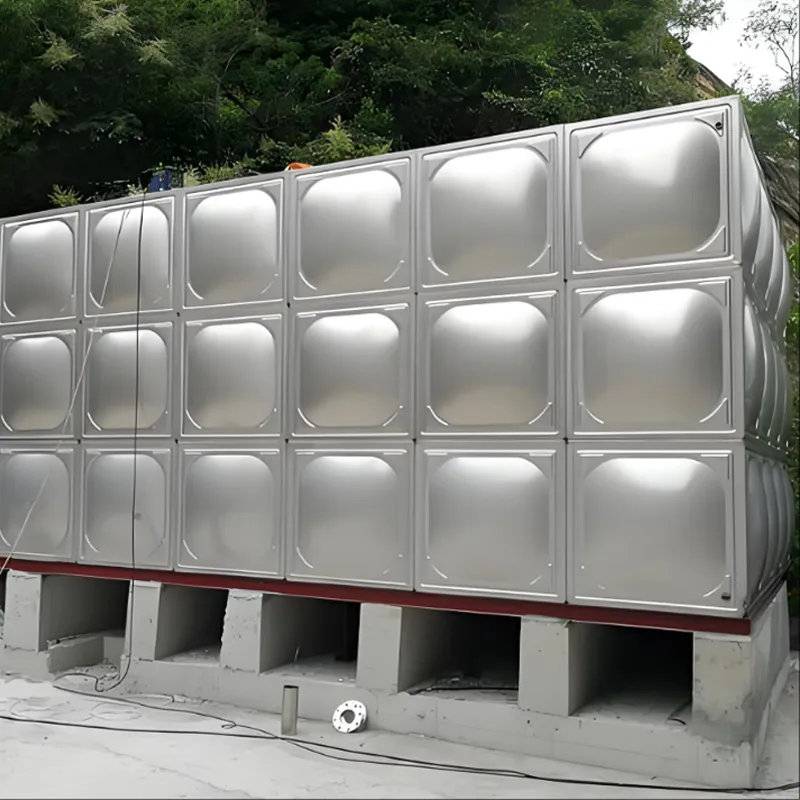
What Defines a Top-Tier Manufacturer?
- Certifications and Compliance: Look for manufacturers holding ISO 9001 (Quality Management), ASME (Pressure Vessels), NSF/ANSI (Drinking Water System Components), and local regulatory approvals. Longxuan FRP, for instance, consistently maintains these and other relevant industry certifications, underscoring its commitment to quality and safety.
- Customization Expertise: Industrial applications often require specific capacities, dimensions, nozzle configurations, insulation, or agitation systems. A leading stainless steel water tank manufacturer will offer robust custom stainless steel water tanks solutions, adapting designs to fit unique site constraints and process requirements.
- Advanced Manufacturing Capabilities: Facilities equipped with automated welding, precision cutting, and advanced polishing equipment signify a commitment to high-quality, efficient production. This technological edge translates directly into superior product quality and faster delivery times for ss water tanks for sale.
- Comprehensive Engineering Support: From initial concept and finite element analysis (FEA) to final installation and commissioning support, a dedicated engineering team can provide invaluable assistance, ensuring the tank seamlessly integrates into your existing infrastructure.
- Transparent Pricing and Warranty: Reputable manufacturers provide clear pricing for stainless steel hot water tank price and other variants, along with robust warranty commitments, demonstrating confidence in their product's durability and performance. Typically, a 5-10 year warranty on materials and workmanship is expected.
A key differentiating factor for manufacturers like Longxuan FRP is their extensive experience, accumulated over two decades, in delivering bespoke stainless steel solutions to global clients. This long-standing presence in the market signifies a deep understanding of evolving industry needs and technical challenges, ensuring that every ss water tank meets the highest standards of reliability and performance.
Customization, Delivery, and Post-Sales Support for Your SS Water Tank Investment
Investing in ss water tanks is a significant decision that extends beyond the initial purchase. The flexibility of customization, predictable delivery schedules, and reliable post-sales support are paramount for maximizing the value of your investment and ensuring long-term operational success. A proactive manufacturer understands these critical needs and provides comprehensive services throughout the product lifecycle.
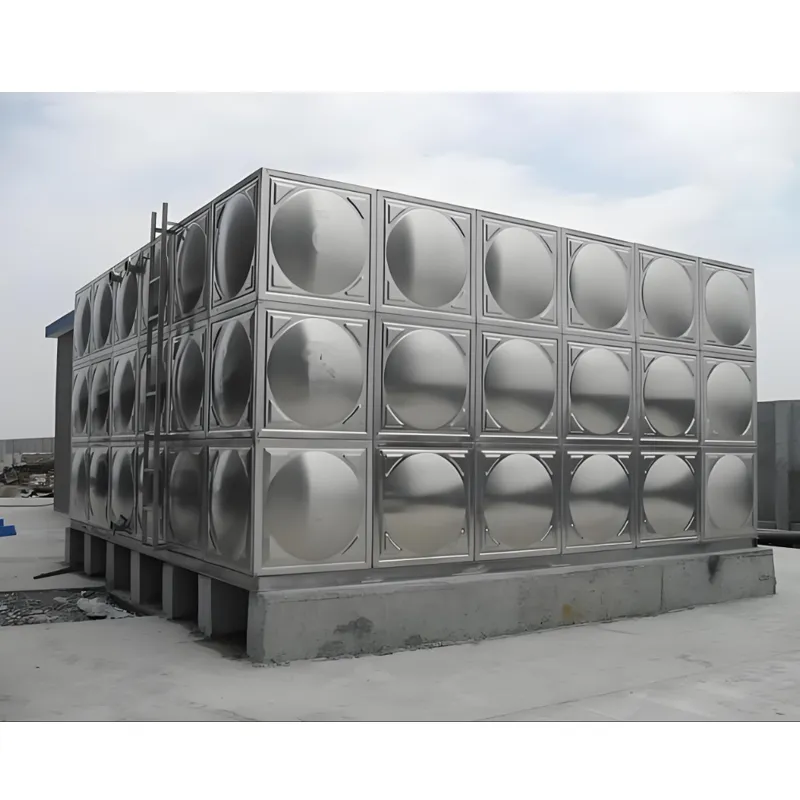
Tailored Solutions and Delivery:
- Bespoke Design for Unique Needs: Beyond standard models, leading stainless steel water tank manufacturers excel in producing custom stainless steel water tanks. This includes specific dimensions, multiple inlets/outlets, specialized internal baffles, heating/cooling jackets, insulation types, and pressure ratings to precisely match complex process requirements. Clients collaborate closely with engineering teams to define precise specifications.
- Efficient Delivery Cycles: While custom fabrication takes time, an efficient manufacturer provides transparent lead times. For standard models of stainless steel water tanks for sale, lead times typically range from 4-6 weeks, while complex custom projects might require 8-12 weeks. Effective supply chain management ensures materials are readily available, minimizing delays.
- Global Logistics and Installation Support: Reputable suppliers offer robust logistics solutions for worldwide delivery, often providing assistance with customs clearance and local transportation. Many also provide on-site installation supervision or full installation services, ensuring the tank is safely and correctly integrated into the operational environment.
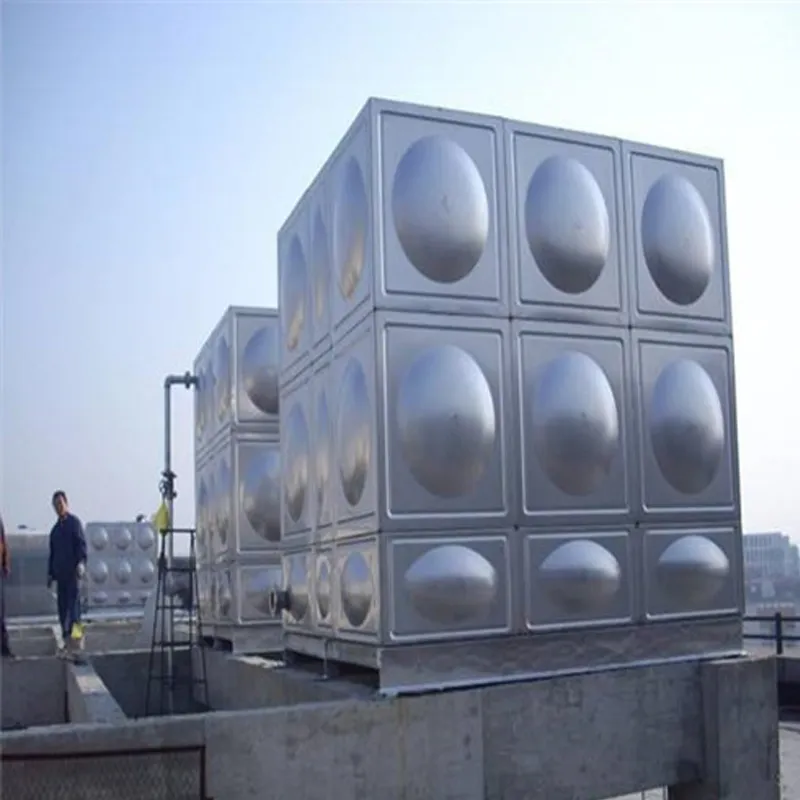
Comprehensive Customer Support and Warranty:
- Responsive Technical Support: Post-installation, access to expert technical support for troubleshooting, maintenance advice, or operational queries is invaluable. Leading manufacturers offer dedicated support channels, ensuring prompt resolution of any issues.
- Robust Warranty Programs: A comprehensive warranty covering materials and workmanship provides peace of mind. Typical warranties for ss water tanks range from 5 to 10 years, reflecting the manufacturer's confidence in their product's longevity and quality. This commitment underscores the long-term value proposition.
- Spare Parts Availability: For components like gaskets, valves, or insulation cladding, ensuring ready availability of spare parts is crucial for minimizing downtime and extending the tank's operational life.
Choosing a partner like Longxuan FRP means benefiting from a full-spectrum service that ensures your stainless steel water tank investment is secure, supported, and delivers optimal performance throughout its extensive service life. This holistic approach builds trust and long-term partnerships.
Frequently Asked Questions (FAQs) about SS Water Tanks
Prospective buyers often have specific questions regarding the selection, installation, and maintenance of ss water tanks. Addressing these common inquiries provides clarity and builds confidence, reinforcing the trustworthiness of the manufacturer.
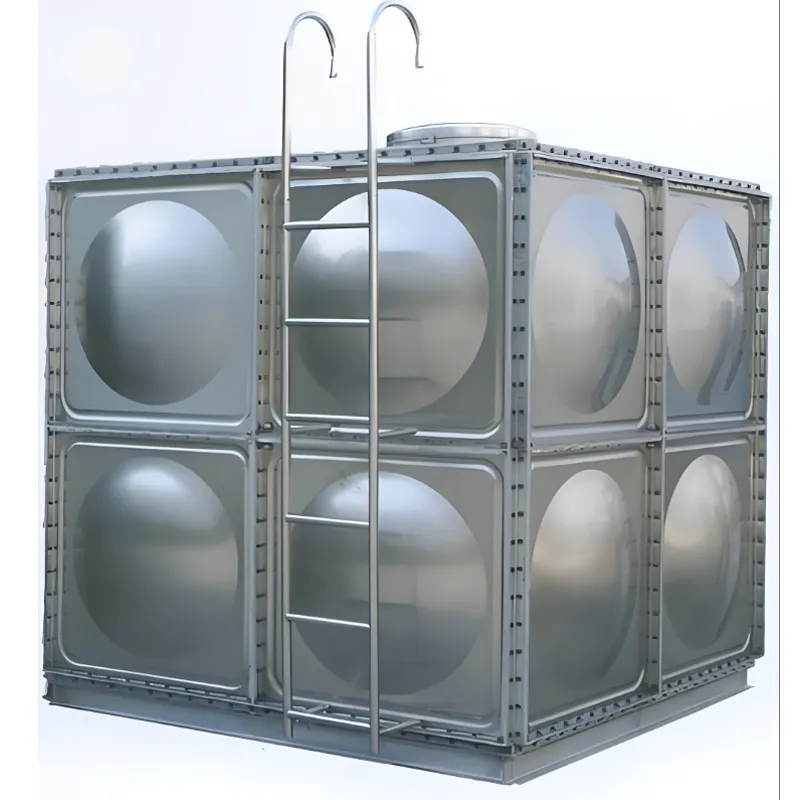
Common Inquiries:
- Q: What is the typical lifespan of an SS water tank?
- A: With proper material selection (e.g., SS304 or SS316 depending on the liquid stored) and regular maintenance, an ss water tank can have an operational lifespan of 20 to 30 years, or even longer. Factors like water quality, operating temperature, and external environment influence longevity.
- Q: How do stainless steel tanks compare to FRP or plastic tanks in terms of cost and durability?
- A: While the initial stainless steel water tank price might be higher than FRP (Fiber Reinforced Plastic) or plastic tanks, SS tanks offer superior durability, corrosion resistance, and hygienic properties. Their longer lifespan and lower maintenance requirements often lead to a lower total cost of ownership (TCO) over the product's lifetime, especially for critical industrial applications. For instance, plastic tanks are prone to UV degradation and can leach chemicals, while FRP tanks may delaminate or be susceptible to certain chemical attacks over time.
- Q: Can SS water tanks be used for storing chemicals other than water?
- A: Yes, depending on the specific chemical and the grade of stainless steel. SS316 is generally more resistant to acids and chlorides than SS304. For highly aggressive chemicals, duplex stainless steels might be recommended. Always consult with the stainless steel water tank manufacturer to ensure material compatibility for your specific chemical storage needs.
- Q: What maintenance is required for SS water tanks?
- A: Maintenance for ss water tanks is generally minimal. Regular visual inspections for external damage, periodic cleaning of internal surfaces (especially for potable water or food-grade applications), and checking connections and fittings are typically sufficient. Proper passivation should be maintained, and professional inspections can be scheduled annually for critical systems.
- Q: Is insulation necessary for a stainless steel hot water tank?
- A: For stainless steel hot water tank price considerations, insulation is highly recommended and often essential. It significantly reduces heat loss, improving energy efficiency and maintaining desired water temperatures, thereby lowering operational costs. Common insulation materials include polyurethane foam, mineral wool, or rockwool, typically encased in a protective outer cladding.
Conclusion: The Future of Reliable Liquid Storage
The pervasive and increasing demand for secure, hygienic, and durable liquid storage solutions firmly establishes ss water tanks as an indispensable asset across a spectrum of industrial sectors. Their superior material properties, combined with advanced manufacturing techniques and rigorous quality control, ensure exceptional performance and longevity. Investing in stainless steel tanks signifies a commitment to operational excellence, environmental responsibility, and long-term cost efficiency. As industries continue to evolve and prioritize purity and sustainability, the role of high-grade stainless steel storage solutions will only become more critical, reinforcing their position as the benchmark for reliable fluid management.
References
- Smith, J. A. (2022). "Advances in Corrosion Resistance of Stainless Steel Alloys for Industrial Storage." Journal of Materials Engineering and Performance, 31(7), 5678-5690.
- Chang, L. & Kim, H. (2021). "Hygienic Design and Surface Treatment in Pharmaceutical Water Systems using Austenitic Stainless Steel." International Journal of Process Engineering, 15(3), 210-225.
- Gupta, R. K. (2023). "Life Cycle Cost Analysis of Water Storage Tanks: A Comparative Study of Stainless Steel, FRP, and HDPE." Sustainable Infrastructure Management Quarterly, 10(1), 45-60.
- Peters, M. S., & Timmerhaus, K. D. (1991). Plant Design and Economics for Chemical Engineers. McGraw-Hill. (Chapter on Material Selection for Storage Vessels).





Address
20 Xingyuan South Street, Zaoqiang County, Hengshui City, Hebei Province, China









